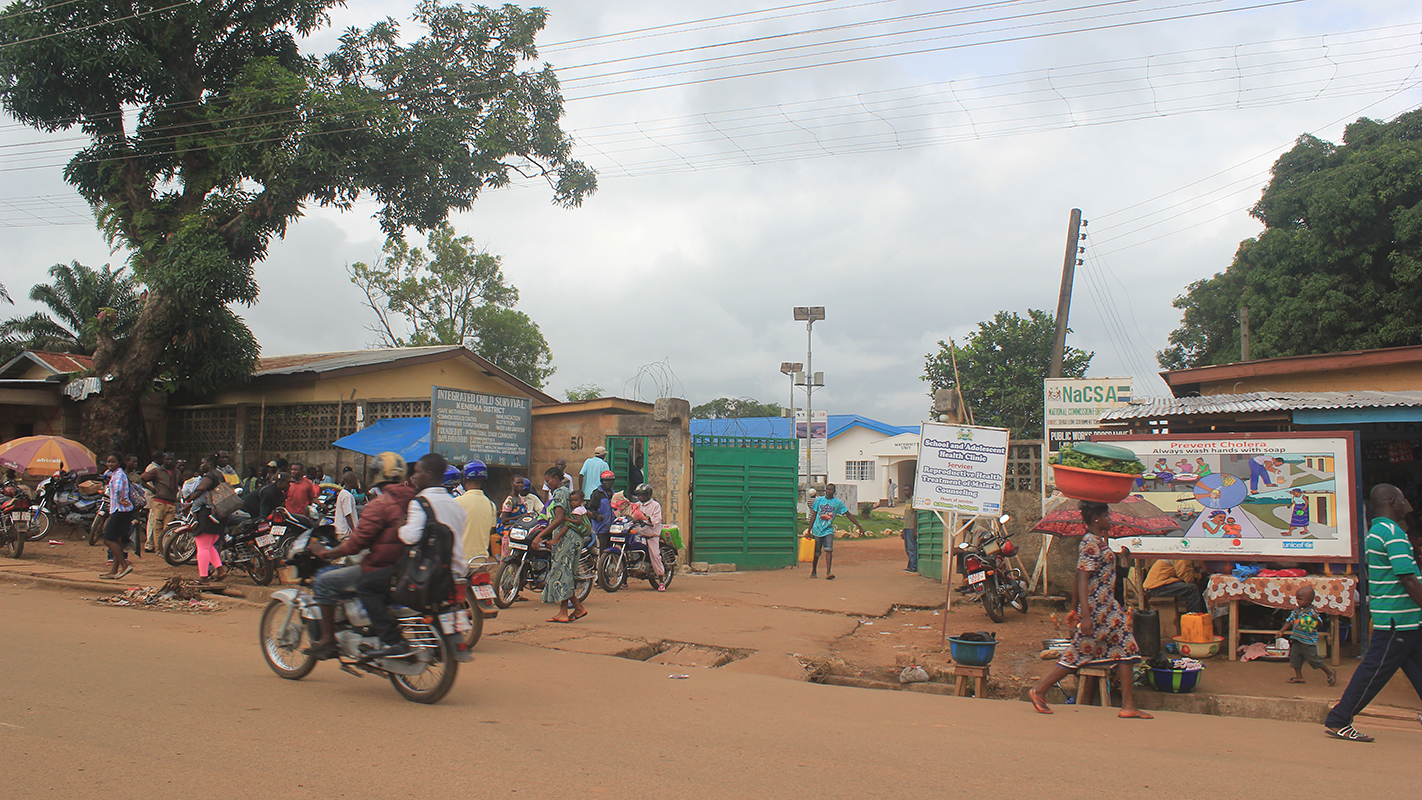Ebola Prompts Travel Restrictions

NC State is restricting university-sponsored travel to Ebola-affected areas, currently including the countries of Guinea, Sierra Leone and Liberia. The university will not authorize, award credit or funds for, or reimburse travel expenses for any activities involving travel to or in the affected areas, Provost Warwick Arden said in a memo Thursday.
Faculty, students and staff planning to travel overseas should monitor the CDC website to stay up to date about affected countries.
The Centers for Disease Control and Prevention (CDC) has issued a Level 3 travel warning for Guinea, Sierra Leone and Liberia. To clarify the impact of this travel warning on universities such as NC State, the CDC has also issued Advice for Colleges, Universities, and Students about Ebola in West Africa which advises against non-essential travel to Ebola-impacted areas, such as travel for educational purposes. Regulating travel is intended to help control the outbreak and prevent spread of the disease in two ways: by protecting U.S. residents who may be planning travel to the affected areas and by enabling the governments of affected areas to respond most effectively to contain this outbreak.
Any NC State student, faculty member or staff member who has traveled to any of these countries within the past 21 days must contact Student Health Services for additional guidance. Consult the Ebola communication FAQ for additional information.
The university emphasizes the CDC message that Ebola poses little risk to persons in the United States, even from those traveling back to the U.S. from the outbreak areas. However, NC State is asking all students, staff, and faculty who are planning to travel to, or planning to receive visitors from Ebola-impacted areas to notify Environmental Health and Public Safety as early as possible by calling 919-515-7915 or by contacting Darren Treml and Ken Kretchman by email.
Those aware of visitors coming to the university from affected areas should ask those visitors to delay arrival to campus until 21 days after possible contact with infected individuals.
- Categories:


